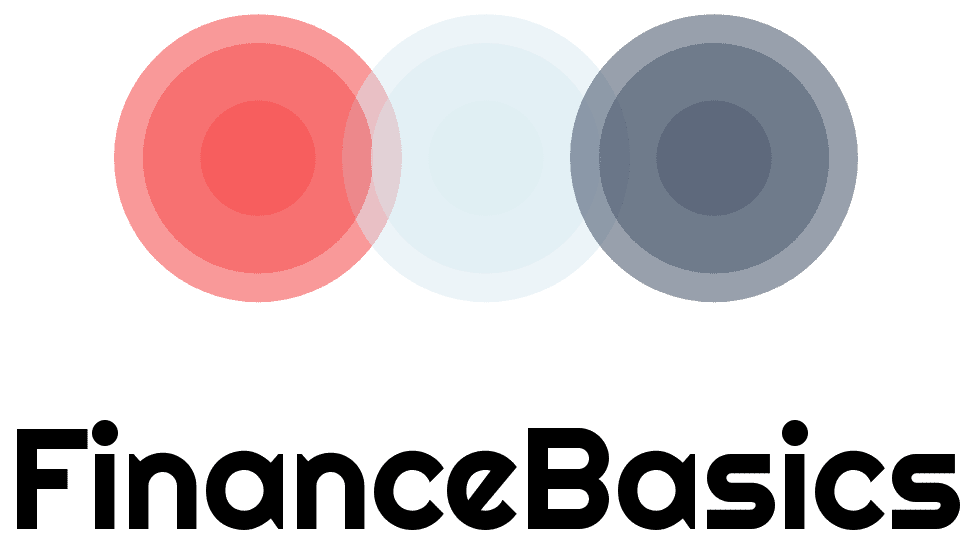Decentralized finance, commonly known as DeFi, is revolutionizing the way we think about financial services. By leveraging blockchain technology, DeFi presents an open, accessible, and highly flexible alternative to traditional financial systems. This comprehensive guide delves into the world of DeFi, exploring its mechanisms, benefits, challenges, and the potential it holds for reshaping the future of finance.
What is Decentralized Finance (DeFi)?
DeFi refers to a set of financial services and products built on blockchain technology, particularly Ethereum, that operates without the need for traditional financial intermediaries such as banks, brokers, or exchanges. DeFi platforms enable users to lend, borrow, trade, invest, and secure assets through smart contracts and decentralized applications (dApps).
Core Principles of DeFi
- Decentralization: DeFi systems operate on decentralized networks, typically blockchains, which distribute power away from central authorities.
- Accessibility: DeFi offers financial services that are accessible to anyone with an internet connection, irrespective of geography or background.
- Transparency: With blockchain, all transactions are transparent and trackable by all network participants.
- Permissionless: Users can interact with DeFi applications directly, without needing approval from a governing body.
Key Components of DeFi
- Blockchain Technology: The backbone of DeFi, providing a secure, transparent, and immutable ledger for all transactions.
- Smart Contracts: Self-executing contracts with the terms directly written into code, eliminating the need for intermediaries.
- dApps: Decentralized applications that run on a blockchain network, enabling various financial services.
- DeFi Protocols: The rules and standards that define interactions on DeFi platforms, ensuring consistency and security.
Popular DeFi Services and Products
- Decentralized Exchanges (DEXs): Platforms for trading cryptocurrencies without a central authority.
- Lending Platforms: Services that allow users to lend or borrow assets and earn interest without a traditional bank.
- Yield Farming: A strategy for earning rewards by staking or lending cryptocurrency assets.
- Stablecoins: Cryptocurrencies pegged to stable assets like USD, reducing volatility.
Benefits of DeFi
DeFi democratizes financial services, offering benefits like enhanced accessibility, reduced fees, faster and more transparent transactions, and innovative financial products that were previously unavailable in traditional finance.
Understanding the Risks of DeFi
Despite its potential, DeFi comes with risks. These include smart contract vulnerabilities, regulatory uncertainty, high price volatility of crypto assets, and challenges with user experience and mainstream adoption.
Navigating Regulatory Aspects of DeFi
The regulatory environment for DeFi is still evolving. Navigating this landscape requires understanding the legal implications in different jurisdictions and staying informed about emerging regulations and compliance requirements.
DeFi vs Traditional Finance
Comparing DeFi with traditional finance highlights key differences in terms of operational mechanisms, governance, accessibility, and innovation speed. DeFi’s open-source and permissionless nature contrasts with the closed and regulated framework of traditional finance.
The Role of Ethereum in DeFi
Ethereum plays a crucial role in DeFi’s growth, providing a flexible and robust platform for smart contracts and dApps. Ethereum’s upcoming upgrades, including Ethereum 2.0, are expected to enhance its scalability and efficiency, further boosting DeFi’s potential.
Future Trends in Decentralized Finance
Emerging trends in DeFi include the integration of artificial intelligence, the development of more user-friendly interfaces, cross-chain interoperability, and the increasing involvement of institutional investors.
Investing in DeFi: Opportunities and Strategies
Investing in DeFi requires a solid understanding of the underlying technology, market trends, and risk management. Strategies may involve diversifying across different DeFi platforms, participating in yield farming, and engaging in liquidity mining.
FAQs About Decentralized Finance
- Q: How can one start with DeFi investments? A: Starting with DeFi investments involves creating a digital wallet, acquiring cryptocurrency, and engaging with DeFi platforms while understanding the associated risks.
- Q: What impact could DeFi have on the broader financial ecosystem? A: DeFi has the potential to disrupt traditional finance by offering more accessible, efficient, and transparent financial services.
- Q: Are DeFi platforms regulated? A: Most DeFi platforms currently operate with minimal regulation, but this is likely to change as the sector matures.
Conclusion: The Transformative Potential of DeFi
Decentralized finance is not just a fleeting trend; it represents a paradigm shift in the financial sector. With its promise of democratization and innovation, DeFi has the potential to redefine the future of finance, making it more inclusive, efficient, and equitable.
Final Thoughts
In conclusion, while DeFi brings its set of challenges and risks, its transformative potential is undeniable. As the sector continues to evolve, it will likely play an increasingly significant role in the global financial ecosystem, reshaping how financial services are accessed and delivered.



